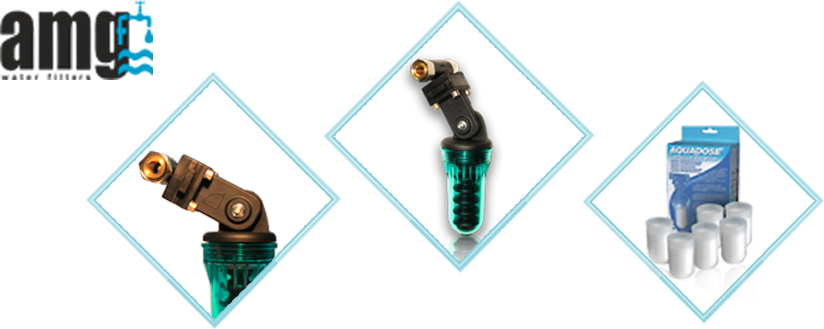
DP200 – proportional dosing of polyphosphate AQUADOSE
What do I need to know about sodium polyphosphate?
Sodium polyphosphate is one of the most widely known and simplest groups of compounds, known as polyphosphates, obtained by condensation of H3PO4 phosphoric acid molecules.
In the food industry, it is also known by the international abbreviation E451. It is a powder of white or colored granules. The granules have a crystalline structure, are non-toxic and highly soluble in water.
Sodium polyphosphate is the most effective and active water softener. Good anti-corrosion properties can also be added to the advantages of this chemical compound.
Application of sodium polyphosphate
The hardness of water is due to the amount of calcium and magnesium, which cause scale when the temperature rises, especially where there is a sharp temperature drop in the internal parts of water and heating systems and boilers. This is caused by a chemical reaction that results in the formation of calcium carbonate and carbon dioxide. Calcium carbonate precipitates, which leads to encrustation and blocking of pipes, while the creation of carbon dioxide causes a corrosive process. Sodium polyphosphate has a function against scale and corrosion, creating a microscopic film on the walls of the pipe, which does not allow precipitation of calcium and magnesium ions, which are the main culprits of the biggest problems in household appliances (water heaters, washing machines, dishwashers, boilers), resulting in the destruction of Electromechanical drives.
The accumulation of lime deposits also causes more energy to be used for heating and water circulation. Household appliances, on nodes and aggregates, which meets the lime Deposit, uses up to 30% more energy on average. Appliances affected by limestone need more time to heat the water.
In hard water, soap, cleaning agents and detergents also function worse.
It has been confirmed that the use of powdered polyphosphate helps to increase efficiency by up to 20%, which reduces energy and maintenance costs, as well as reduces pollution.
Powdered polyphosphate is suitable for using water with a hardness up to 35F and temperatures up to 70/80C.
Advantages of proportional dispensers
Proportional polyphosphate dispensers are one of the most convenient ways to add a chemical to the system. Thanks to microdosing, the reagent is distributed automatically in proportion to the water consumption.
In AMG AQUADOSE dispensers, the proportional dosing system is equipped with a special device that provides a Venturi effect, which allows the dosing of polyphosphate in accordance with EU Directive 98/83/CE for use with drinking water.
Technical characteristics of AQUADOSE DP200 dispensers:
- The dose of polyphosphate is 80 g. In the installation of 6 doses.
- Water capacity 13-15m3
- Overall dimensions of the device: 230x75x65
- Maximum working pressure: 8 bar
- Operating temperature of the device: from 5°C to +45°C
- Maximum working temperature of the solution: 80°C
- The cover is made of composite plastic with a brass rotary block
- Brass connection group size ½ ”
- Transparent body, main material grilamide
- Horizontal or vertical installation is possible
- Bypass option
Trademark description:
AMG Water Filters is a dynamically developing company with extensive experience in the production of high-quality filters for water treatment intended for home and industrial use. The product range of AMG Water Filters consists of the following products:
- Filter housings
- Filter cartridge
- Filters with self-cleaning function
- Devices for descaling
- Dispensers for polyphosphate
- UV sterilizers
- Accessories for pumps
All products are manufactured in Italy and certified according to the highest standards, which guarantees the strength and safety of materials.
The excellent quality of AMG Water Filters products is achieved through continuous innovation and product improvement.
AMG Water Filters products are certified for use with drinking water.
For more information, please contact the company's employees .

